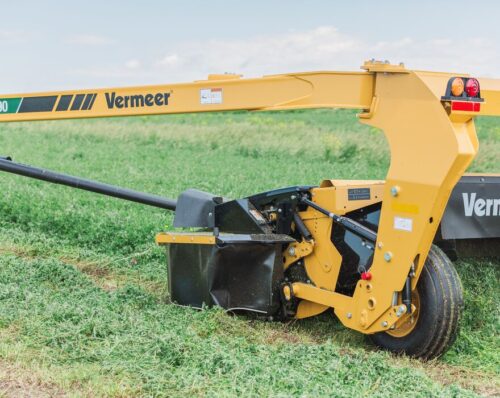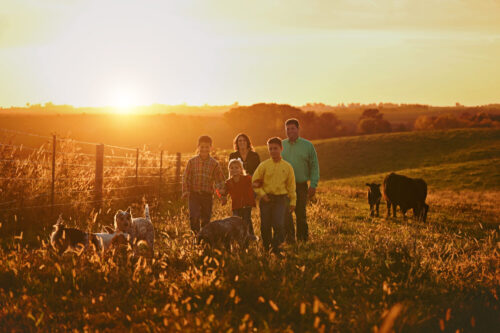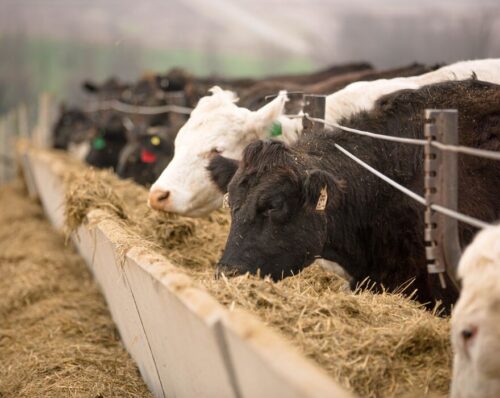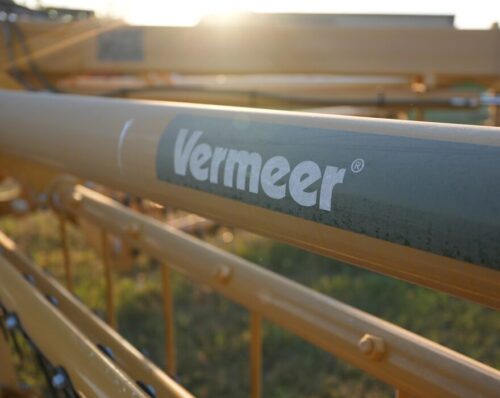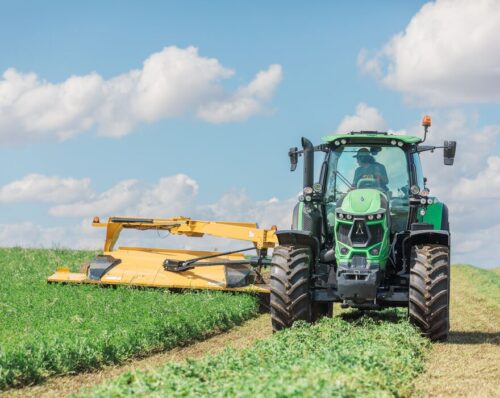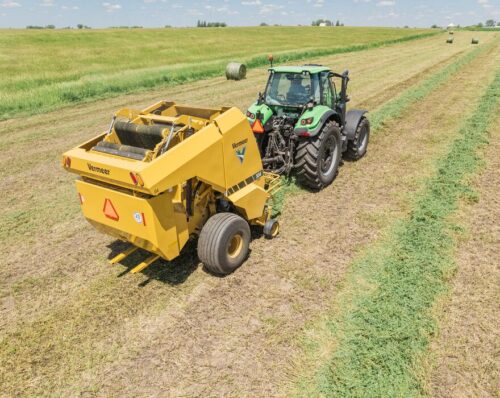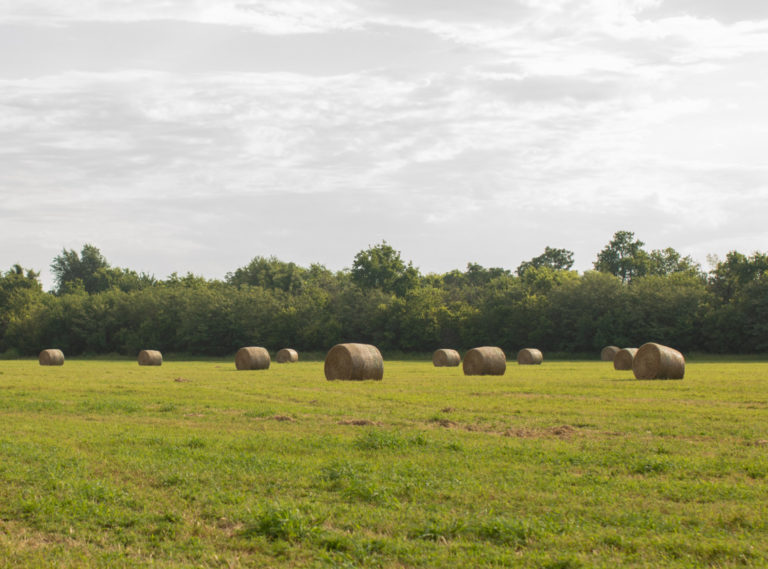
From Bale Blowouts to Bale Records
December 2021
Why Will Winn switched to Vermeer Net
It’s 2016, Will Winn is in his first hay season and is already annoyed with bale blowouts. A recent graduate of Texas State Technical College, he is now back home in Groesbeck to give full-time farming a go as a custom hay operator. His love of agriculture comes from his grandfather, whose land he now farms in the heart of Texas. This love is being put to the test in the hay fields. His disdain for failed bales grows each time he must dig netwrap out of his baler yet again.
The blowouts happen often (four or five out of every 100 bales by his estimate) and it’s disheartening to consider all that time wasted (sometimes two to three hours) with each netwrap failure. Seemingly one after another. Those hours add up — and to what? Nothing but time lost. Any hay producer who’s ever been there knows how aggravating that is. The sun beating down on your back as the heat of frustration rises in your face. And it’s especially hot in Texas.
Even when he’s not digging out netwrap, he still faces challenges as his baler bounces, even on flat land. There’s a lot of pride in making hay but not much joy in the bumpy ride to get there. Nonetheless, Winn powers through his first hay season and puts up 5,000 bales. Many of them wind up in lousy shape due to stretched netwrap and all of them are susceptible to spoilage every time it rains. The round(ish) bales may as well be sponges because they don’t shed much water.
“If you have six inches or eight inches of spoilage on the bottom of the bale, you’re losing 20% of your bale,” said Winn.
Over the next few years, Winn tried multiple brands of netwrap with varying degrees of luck. Finally, he received some sage advice from a friend 20 miles away. “I tried just about everything on the market and still had issues,” said Winn. “My friend said, ‘Man, you need to try (Vermeer® Net).’ So I did and all my problems went away.”
Switching to Vermeer Net was a gamechanger, according to Winn. A lot has changed for the better since his first pro hay season in 2016.
More and more bales each year
Fast-forward to 2021 and Winn now has a team of five people working for him — including his dad. It’s a good crew and everybody gets along. They farm his grandfather’s land plus 600 of his own acres, mowing, raking and baling at about 14% – 15% moisture content. The typical day starts at 7 a.m. and goes until midnight (baling in the dark is common in the Lone Star state).
Winn’s fleet of hay tools (about 20 pieces of equipment total) now includes three Vermeer 605N balers. Since switching to Vermeer, Winn observes an increase in productivity and a major bounce reduction in the field with the 605N. A smoother ride is worth its weight in gold on an 18-hour to 20-hour day.
On average, the crew puts up about 18,000 bales – 20,000 bales of coastal grasses, bluestem and Bahia. This past year yielded a record number of bales — about 25,000 — while the ratio of bales-to-blowouts was down considerably.
The rains hit the heart of Texas hard in the early summer of 2021, but the superior strength of Vermeer Net (made from heavy-duty HDPE) helps protect all those bales. “When the bale sheds water, it protects the quality of the hay,” said Winn. Plus, the bale appearance is worth talking about in town.
“When somebody is driving by the field, I want them to look out there and say, ‘I wonder who baled that.’ And when I get to town and hear that it’s spreading by word of mouth, it just puts out a good name for us in the community,” said Winn.
Although Winn’s area received near-record rainfall, other areas of Texas experienced drought conditions, and the demand for high-quality bales was met on the Winn operation. The strength of Vermeer Net served him well to keep his bales tight and in shape on the long road to customers further away than normal. Despite the varying ends of the weather spectrum, Winn was able to deliver high-quality, good-looking bales to his customers, regardless of location.
More bales to put up. Fewer blowouts. More water shed. Less bale spoilage. Good bale appearance. As Winn’s business continues to grow, so too does his view of Vermeer Net and Vermeer hay tools.
“If you ever have any doubts about Vermeer, don’t hesitate to try it,” said Winn. “Once you pull it, once you try Vermeer, you’ll never look back.”
Information noted above was gathered from a third party who was advised his/her experience might be featured in marketing materials. This article contains third-party observations, advice or experiences that do not necessarily reflect the opinions of Vermeer Corporation, its affiliates or its dealers. Individual results may vary based on care and operation of machine and crop and field conditions, which may adversely affect performance. Vermeer Corporation reserves the right to make changes in engineering, design and specifications; add improvements; or discontinue manufacturing at any time without notice or obligation. Equipment shown is for illustrative purposes only and may display optional accessories or components specific to their global region.
Please contact your local Vermeer dealer for more information on machine specifications.
Vermeer, the Vermeer logo and the Black, White, Green bale wrap color scheme (Vermeer Net) are trademarks of Vermeer Manufacturing Company in the U.S. and/or other countries.
© 2021 Vermeer Corporation. All Rights Reserved.

